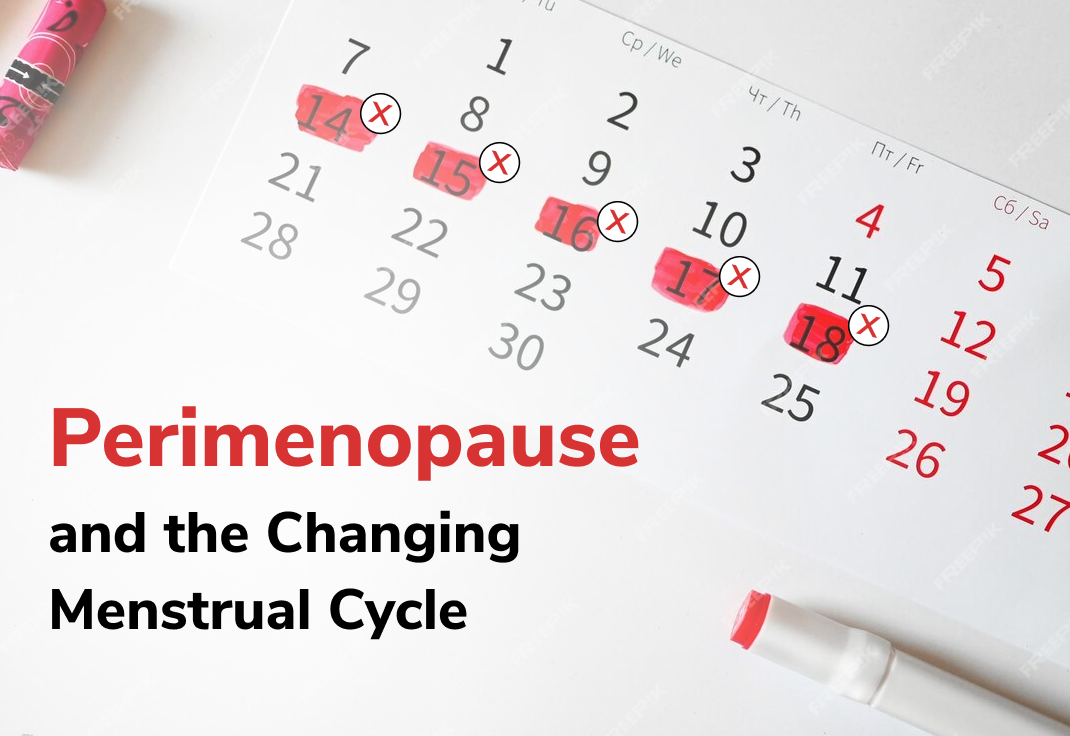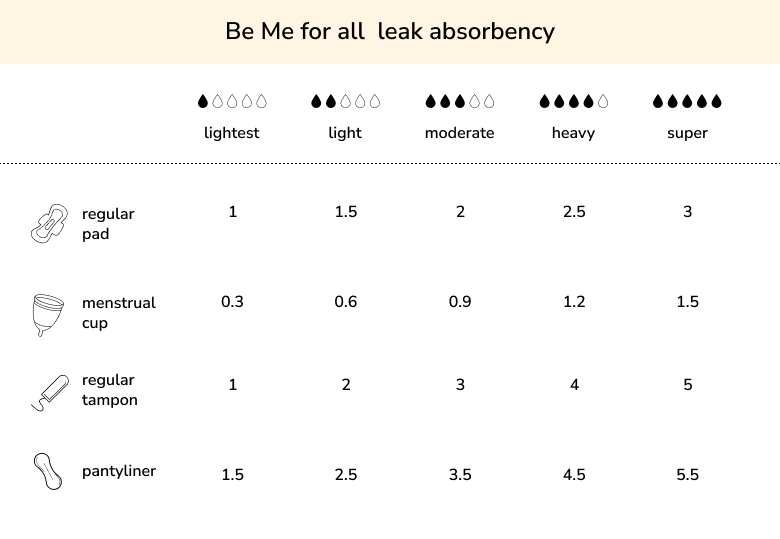
Perimenopause and the Changing Menstrual Cycle
Published At
Ladies, let us talk about the rarely discussed topic among women—perimenopause. This is a translational phase that every woman goes through in her life wherein her ovaries gradually stop working and the body begins to produce less estrogen. In simpler terms, it marks the end of a woman's reproductive years. Perimenopause is also called the menopausal transition.
Ways perimenopause affects the menstrual cycle.
Irregular periods: The first symptom of perimenopause is an affected menstrual cycle. Women tend to have irregular periods, at times you might skip them for a month, or have a shorter cycle with a light flow.
Cramps without Periods: Known as secondary dysmenorrhea wherein women experience cramps in the lower part of their body without being on their periods.
Intermenstrual bleeding: Due to the fluctuations of hormone levels during perimenopause occasional spotting known as intermenstrual bleeding happens.
Other symptoms that you might experience:
Hot Flashes: This is when your body goes through a sudden wave of heat and sweat at different intervals throughout the day.
Sleep Issues: Due to hormonal imbalance women face excessive sweating at night which disrupts their sleep
Mood Swings: This is something that you can't dodge, the feeling of anxiety irritation, and changing moods happen because the hormones are out of balance in the phases of perimenopause and menopause.
Vaginal Dryness: Because estrogen levels dip during the arrival of the menopause phase vaginal tissues become dry, and thin which leads to discomfort.
How to manage perimenopause symptoms

You might not be able to stop the clock, but there are several ways to manage perimenopause symptoms and feel more in control of your body:
1. Consult A Doctor: If your periods are usually irregular, or heavy, or if other symptoms are affecting the quality of your life then you should visit a doctor.
2. Maintain a Healthy Lifestyle: One of the healthy ways of maintaining your perimenopause is eating a clean balanced diet, exercising regularly and stress management techniques like yoga or meditation can help minimize symptoms like hot flashes or mood swings.
3. Keep track: Keeping track of your menstrual cycle can help you stay aware of the changes your body is facing and how it is affecting your menstrual cycle.
4. Consider Supplements: Supplements like Vitamin D, and Vitamin B12 are considered to bring in some relief from symptoms as they support bone health during menopause.
When does the Perimenopause end?

When a woman has gone 12 months without a period that's when perimenopause officially ends marking the beginning of menopause. Most women go through menopause between ages 45 and 55, but that perimenopause window can last a few months to several years.
The Bottom Line
Perimenopause is natural and is just a part of women's lives, but yes this phase does feel like a rollercoaster with unexpected periods and a broad range of unwavering symptoms. So, here's a reminder, you are not alone in this every woman goes through this transitional phase with just a little understanding and awareness you can sail through this with confidence. To know more about relevant information be a part of our community and stay in the loop for all things- period-related.









